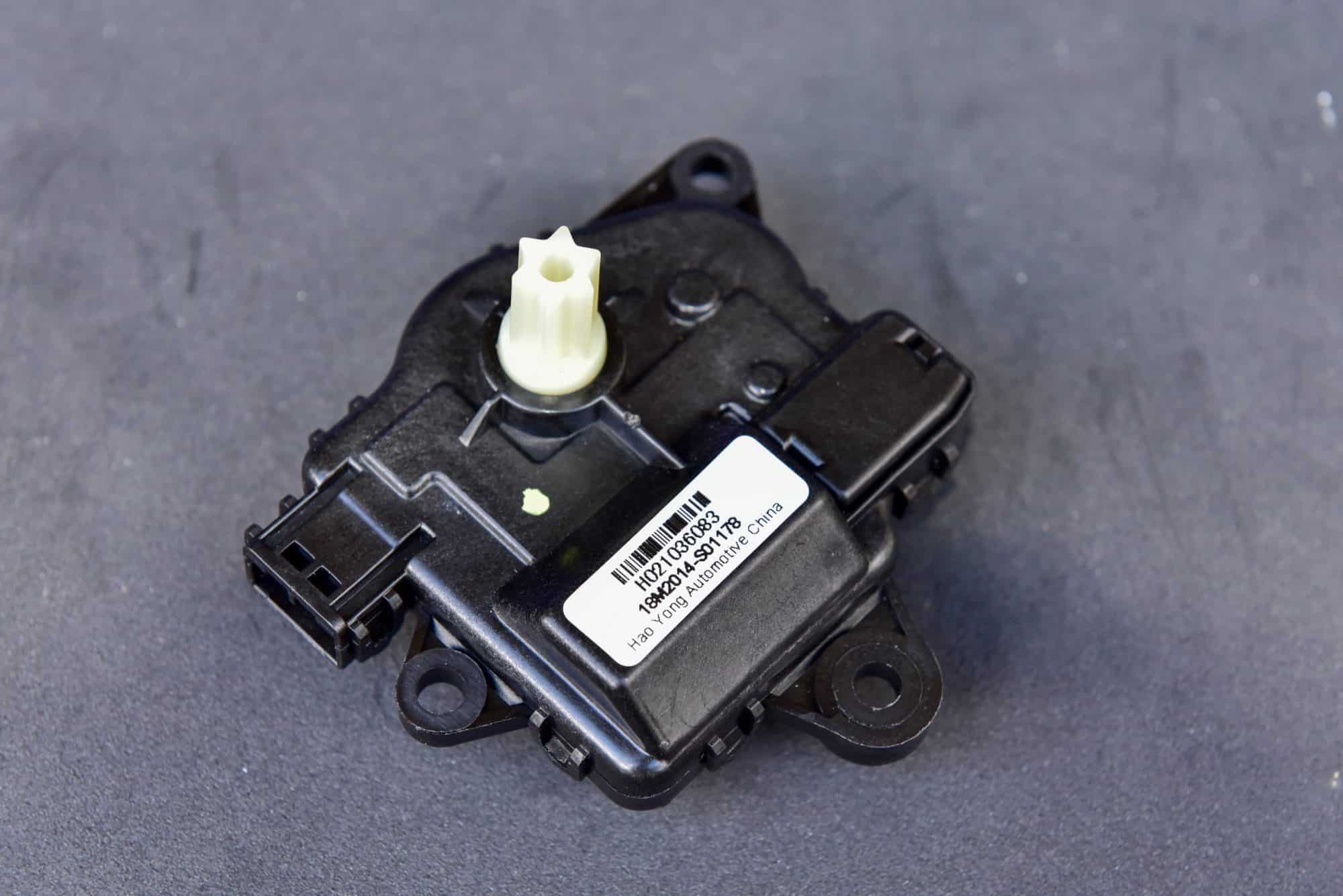Anthony .
Well-Known Member
- Joined
- Apr 5, 2022
- Messages
- 453
- Reaction score
- 296
- Points
- 63
- Age
- 20
- Location
- NSW
- Members Ride
- 1994 VR V6 Executive
Hi all,
I have a few questions about the aircon system in my VE SV6. Please bear in mind, given how cold it has been in Melbourne I have been using the heater quite often (it is frequently used).
Let me paint a picture first.
. No cold air, only the blower only spins when put on cold, but hot is great.
. The AC button on the temp dial does not illuminate at all/ when pressed. Could this maybe be a fuse that is causing the ac system not to work?
Today, started the car and put the heater on (which was previously left on the “leg setting” for lack of a better word) and the fan/ blower sounded like it was knocking/ binding on something. So I flicked through the other climate settings (I.e front defroster, etc. and still made that sound until 30 secs later but back to normal. BUT now the “leg setting” does not work.
Please bear in mind that I replaced the cabin filter 6000km ago, and the engine bay is clean (no leaves, shrubs, etc) and the car is not parked under a tree for that to happen.
Apologies for the essay/ word vomit but I would appreciate to hear some opinions and advice.
Thanks,
Anthony
I have a few questions about the aircon system in my VE SV6. Please bear in mind, given how cold it has been in Melbourne I have been using the heater quite often (it is frequently used).
Let me paint a picture first.
. No cold air, only the blower only spins when put on cold, but hot is great.
. The AC button on the temp dial does not illuminate at all/ when pressed. Could this maybe be a fuse that is causing the ac system not to work?
Today, started the car and put the heater on (which was previously left on the “leg setting” for lack of a better word) and the fan/ blower sounded like it was knocking/ binding on something. So I flicked through the other climate settings (I.e front defroster, etc. and still made that sound until 30 secs later but back to normal. BUT now the “leg setting” does not work.
Please bear in mind that I replaced the cabin filter 6000km ago, and the engine bay is clean (no leaves, shrubs, etc) and the car is not parked under a tree for that to happen.
Apologies for the essay/ word vomit but I would appreciate to hear some opinions and advice.
Thanks,
Anthony


